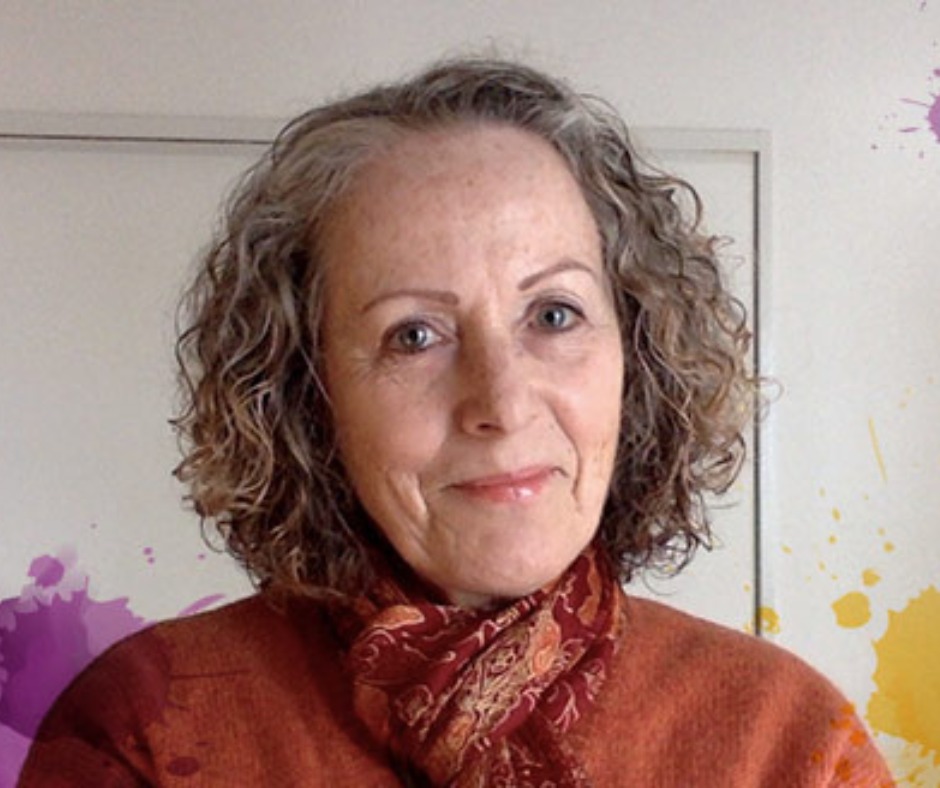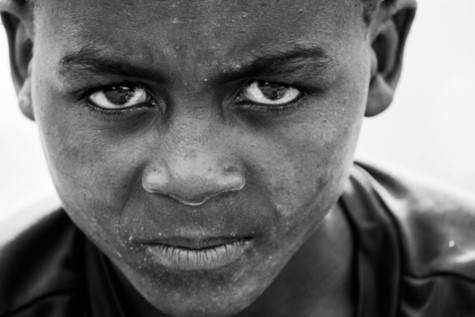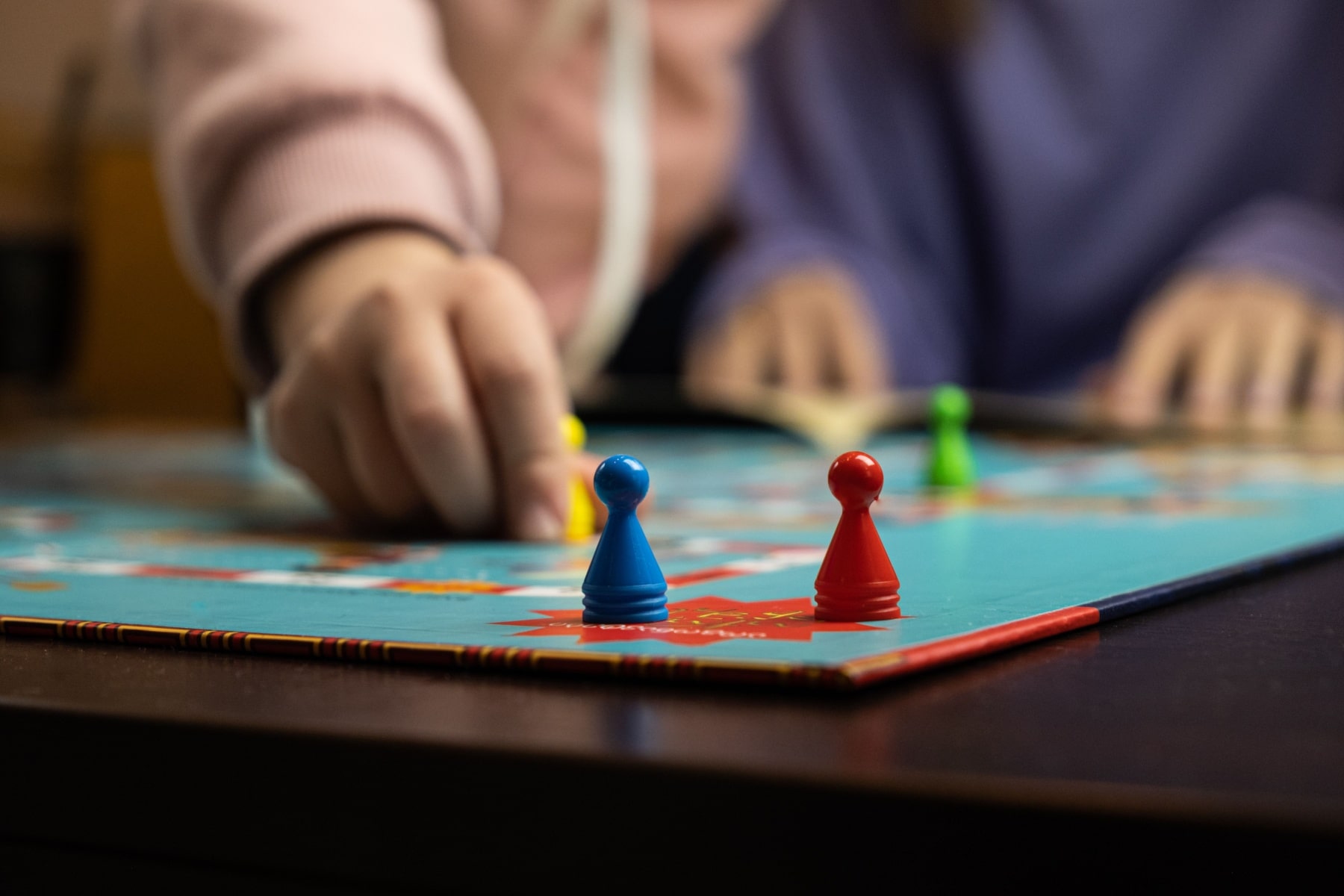My office doors swing open, and there stands David, red-faced and sweaty, with the teacher on recess duty close behind. She quickly fills me in: during recess, the second graders were playing an intense game of soccer when a stolen ball led to a goal. Amidst cries of ‘foul’ and ‘no goal’, the star player, David, became enraged. In a burst of anger, he hurled the very same soccer ball he had skillfully maneuvered into the goal, at the boy who had lost it to him, striking him squarely on the cheek.

In similar situations in the past, David would typically face disciplinary action. He’d be required to apologize to the injured boy and barred from playing soccer during recess for a set period. David would often feel misunderstood, angry, and disconnected. Although things might settle down temporarily, the cycle would inevitably repeat itself.
There is another way, tried and true, that parents can also use at home when there has been some kind of an explosive experience. Your son is struggling with the rules of life, and making mistakes along the way. He doesn’t mean to, and needs our guidance to find a way to make better choices.
This is how things went down the day David stormed into my office.
I calmly ask him to sit down, drink some water, and then write down the details of what happened. I do not engage in discussion yet.
After some time, he grudgingly tells me he is done and I have him read it to me. If he has calmed down enough, we then head out and walk around the length of the field together, side by side, talking.
We have a conversation where he tells me what happened, and I check that I am understanding his perspective of what went down. No judgment ~ just clarification. Once we are on the same page, we can move on.
We discuss the choice he made (throwing the soccer ball in the other kid’s face), which landed him in the principal’s office. I ask him to brainstorm other alternative choices that he could have made. I might offer an idea to get him started.
Next, I will ask him to choose one of the ideas and make a plan. What can he do if he faces a similar challenge in the future so that the outcome is better for him. We look at the idea and see how it plays out in real life – what needs to be put in place so that David has a good chance of being successful.
At this point, David is feeling quite optimistic. There was a problem; he brainstormed ideas; he came up with a plan. We were on the same side. He is being guided rather than disciplined or punished.
Before sending him back to class I ask him to consider one more thing. What will happen, if, even with the best of intentions, he gets caught up in the emotions of the moment, and makes that wrong choice again. I ask him to brainstorm the consequences for that. Then we agree on that.
He goes back to class with a plan for the future and knows the consequence he has chosen if he is not successful. He feels empowered. I don’t see him in my office so often after that.

For generations adults have felt obligated to punish children for misbehaviour, or risk them turning out to be bad people. It was felt that if they were punished, they would understand better not to do that same thing in the future.
But think of the last time your boss reprimanded you for a mistake you made. And then docked you two days pay to cover the costs of your mistake. Did you feel like cooperating or working harder? You might have been driven not to make the same mistake again out of fear of losing your job, but it didn’t instill a sense of loyalty to the company and a desire to do the best that you could.

Is this what you want for your child? That he complies because he is afraid of your reaction or the punishment you deem necessary, but inside he is becoming angrier and more disconnected to you? Of course not. Changing our perspective about misbehaviour and discipline will support our child’s growth and keep our relationship strong. That is what we want.
Using this strategy alleviates the need for a parent to punish their child. Your child is learning life skills about getting along with others, regulating their strong emotions, and holding themselves accountable when they lose control. As the parent, you are there to support and guide.
In a nutshell, where some major explosive experience has happened, try and follow these guidelines to communicate and connect with your son:
- Give space and time for him to get his emotions under control
- Validate the strong emotions he felt.
- Get clarification on what happened, from his perspective.
- Brainstorm solutions for the next time.
- Decide on a plan of action.
- Brainstorm future accountability and consequences if the same misbehaviour is repeated.
I guide parents raising boys to understand their sons and the world they are living in more clearly, leading to deeper connections and communication.
If you, or someone you know, are ready for support visit Sonhoodcoaching.com. It really does ‘take a village’.



